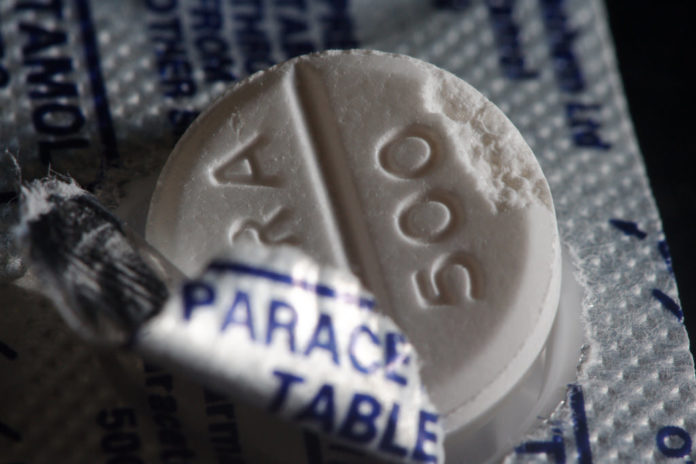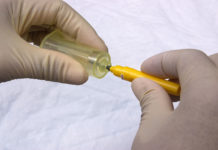
A common over-the-counter painkiller, paracetamol or acetaminophen causes acute liver failure at high doses
The every day paracetamol hides a sinister secret. Your go to drug from fever and body ache is also the leading cause of acute liver failure in the world.
Paracetamol, also known as Acetaminophen is a common pain reliever found in every pharmacy. It is typically used for mild to moderate pain relief.
However within the body it produces a substance called NAPQI which is responsible for its toxicity. Normally the body is capable of detoxifying this substance by combining with hepatic glutathione. With large acute doses or with chronic use, glutathione becomes depleted, and then NAPQI binds to hepatic protein, which results in liver cell damage. Therefore, the replacement of glutathione with glutathione-mimicking compounds such as N-acetylcysteine (NAC) serves as a useful antidote to acetaminophen toxicity.
The risk of acetaminophen related liver failure is increased in patients receiving drugs such as phenobarbital or phenytoin that increase the rate of drug metabolism or alcohol/ethanol. These compete for the same substance in the body that detoxifies NAPQI.
Acetaminophen toxicity can result from either an acute overdose or from chronic overuse.
In a study published in the journal Molecular & Cellular Proteomics, James Chun Yip Chan and colleagues at the National University of Singapore reported a new approach to identify acetaminophen toxicity.
Acetaminophen toxicity can result from either an acute overdose or from chronic overuse. Acute overdose occurs when a toxic amount of the drug is ingested within an 8-hour period, whereas chronic overdose occurs as a result of repeated doses at or above the recommended limit. Overdose may also occur as a result of ingestion of multiple products containing acetaminophen.
The recommended dose of acetaminophen in adults is 650 to 1,000 mg every 4 to 6 hours, not to exceed 4,000 mg in a 24-hour period. In children, the recommended dose is 10 to 15 mg/kg every 4 to 6 hours, not to exceed 50 to 70 mg/kg in 24 hours.













